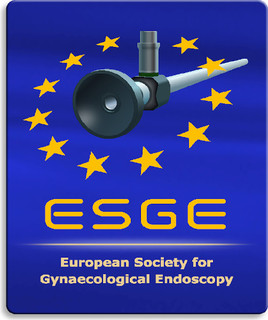December 2008 the ESHRE Special Task Force on “Infertility in developing countries” chaired by Willem Ombelet, organized its first international conference in Arusha (Tanzania). On this conference representatives of all the major international medical organizations in the field of infertility (FIGO, IFFS, ESHRE, ISMAAR) were represented. Also, the European Union, the World Health Organization, the Tanzanian governement, and other authorities, as well as journalists, were present. The conference was multidisciplinary and included infertility specialists, biologists, economists, sociologists, psychologists, ethicists, and so on. On this conference it was decided to create several working groups and study groups in order to realize afffordable and accesible infertility care, including low cost IVF. Among these groups was the social science, law and ethics studygroup, which was especially created to look into the local circumstances regarding infertility care, the psychological wellfare of patients, the social situation of infertile people and the repercussions of treatment, as well as ethical and legal problems of the topic.
As a first step in realizing affordable fertility centers it was decided to start with a few pilot projects in different areas. Regarding the pilot projects the social and psychological side had to be included. For instance education on infertility and its treatment is considered necessary for patients as well as the general public. Also, the special circumstances regarding male infertility within various cultures had to be addressed. In addition to this, there is the case of traditional healing compared to biomedical treatment. Furthermore it is important to include infertility care within the framework of reproductive health. Finally it appears necessary to assess the pilot projects of affordable treatment: is information to patients sufficient, how are treatments assessed (medical and psychological), what are the social repercussions of having treatment, and how to go on after succesfull or unsuccesfull medical treatment.
In order to work out these aspects, it was decided to organize an expert meeting of involved medical professionals, and diverse social scientists (antropologists, sociologists, psychologists ethicists, and lawyers). This meeting took place December 2009 in Genk (Belgium).
Several of the participants agreed to write a paper regarding the topics raised considering affordable and accessible care in resource-poor areas. All these papers are presented in this Monograph. Further on in this Monograph you can also find a summary of the discussions held at the Genk meeting.



